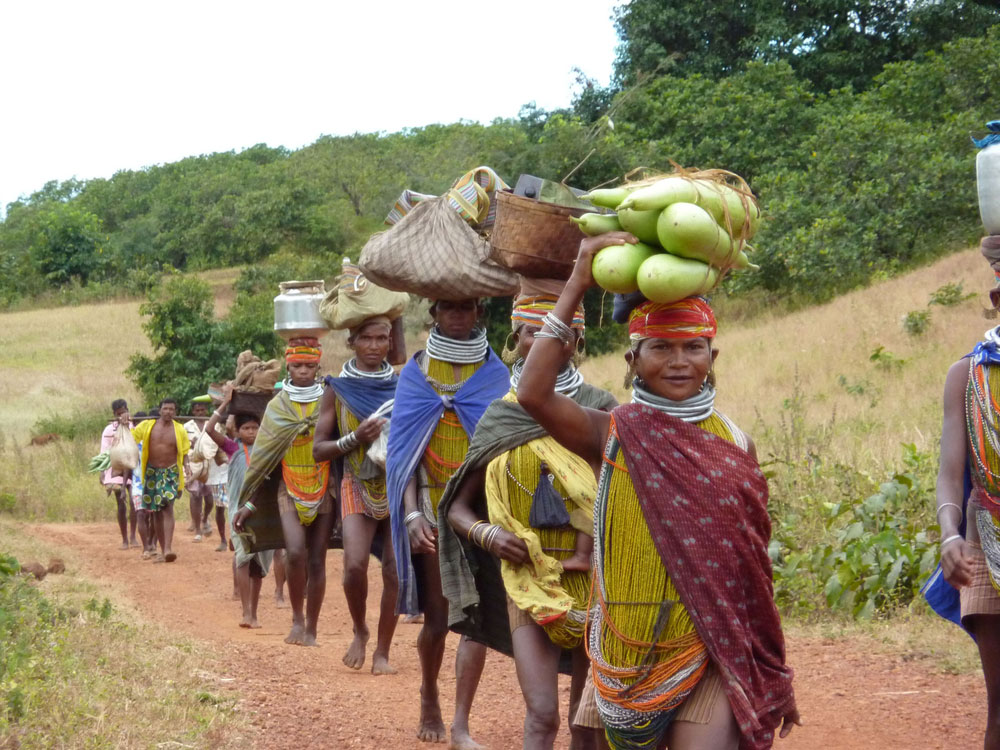The household and artisanal sectors form the backbone of India’s socio-economic fabric. Artisans consist of carpenters, blacksmiths, masons, stoneworkers, weavers, cobblers, tanners, potters, broom-makers, oilmen, tailors, bamboo and cane workers, and coir and coir-rope makers. Among them, carpenters and blacksmiths comprise the top layer of the village economy because their services are indispensable. A highly reputed anthropologist, Jan Brouwer, in his book The Makers of the World – Caste, Craft, and Mind of South Indian Artisans (Oxford University Press, Delhi, 1995), captures the tradition and heritage of the artisans amazingly. Traditionally, artisans and household manufacturers have belonged to the disadvantaged strata of society – the Scheduled Castes, Scheduled Tribes, Other Backward Classes and minority communities. To improve their living standards, it is imperative that their primary source of livelihood be firmly placed on a sustainable growth trajectory. However, in reality, the artisan and household manufacturing sector is unable to thrive on its own in an environment of increasing deregulation and globalization. Hence, sector-wide constraints of inadequate technology, improper marketing, and institutional credit must be addressed. Therefore, rationalization of the related institutional architecture is the most transformative approach towards strengthening the artisanal and household sectors. One important proposal in the above perspective was made in a report of the Planning Commission called the IMG (2005), that is, Report of the inter-ministry task group on technological, investment and marketing support for household and artisanal manufacturing.





